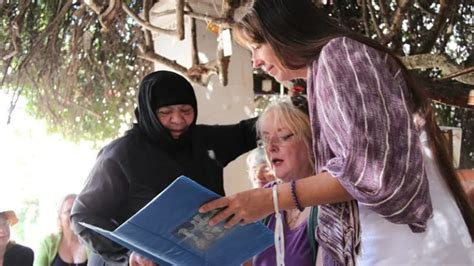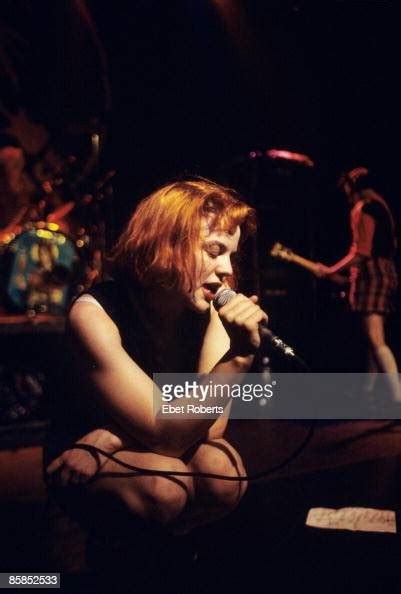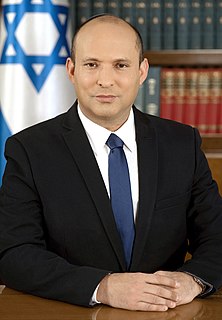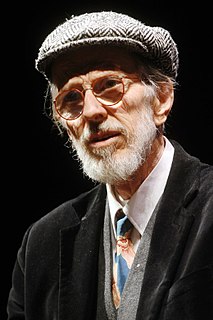A Quote by Carol P. Christ
I first became interested in women and religion when I was one of the few women doing graduate work in Religious Studies at Yale University in the late 1960's.
Related Quotes
Women are an enslaved population - the crop we harvest is children, the fields we work are houses. Women are forced into committing sexual acts with men that violate integrity because the universal religion - contempt for women - has as its first commandment that women exist purely as sexual fodder for men.
I became religious and at 14 went to a boarding school 500 miles from home to begin theological studies. By the time I started university, politics had replaced religion in the economy of my enthusiasms but I had no idea what to study. My boarding school emphasized languages which I was bad at, and deemphasized math and science which I was good at.
Many ideas have been transformed by adding one crucial adjective-women's bank, women's music, women's studies, women's caucus. That adjective did more than change a phrase. It implied a lot of new content: child care, flexible work hours, new standards of creditworthiness, new symbolism, new lyrics.
I understand why some women/girls/ladies don't want to be women-identified 'cuz it totally complicates your band identity and no one seems to pay much attention to the music or what you're doing. We have chosen to be girl-identified (although Billy isn't a girl!), because we want to encourage other women/girls to play music. When I was growing up, I found it discouraging to have all these women in bands not wanting to address the issue of gender...we're interested in what women are doing.




































